The Commercialization Of Juneteenth And Why We Must Take Control Of Our Culture And Narrative
A year into the federal recognition of Juneteenth, and like many other holidays, it is at risk of commercialization. If vast commercialization is all but inevitable, it is imperative to keep the true meaning of Juneteenth alive.

Juneteenth celebration starter packs have cropped up everywhere, most notably in big businesses like Walmart. Commercialization of the holiday will take place (see other holidays like Martin Luther King Jr. Day), but it recently seems to make the authentic celebrations become stronger.

Juneteenth was declared a federal holiday — Juneteenth National Independence Day on June 17, 2021.
The legacy of Juneteenth will carry on through education: Education centered around the historical context of Juneteenth, and why the celebration is important. On June 19, 1865, General Gordon Granger stood on top of a hotel balcony in Galveston, Texas reading field orders, and field order three notified the illegally enslaved people that they were free.
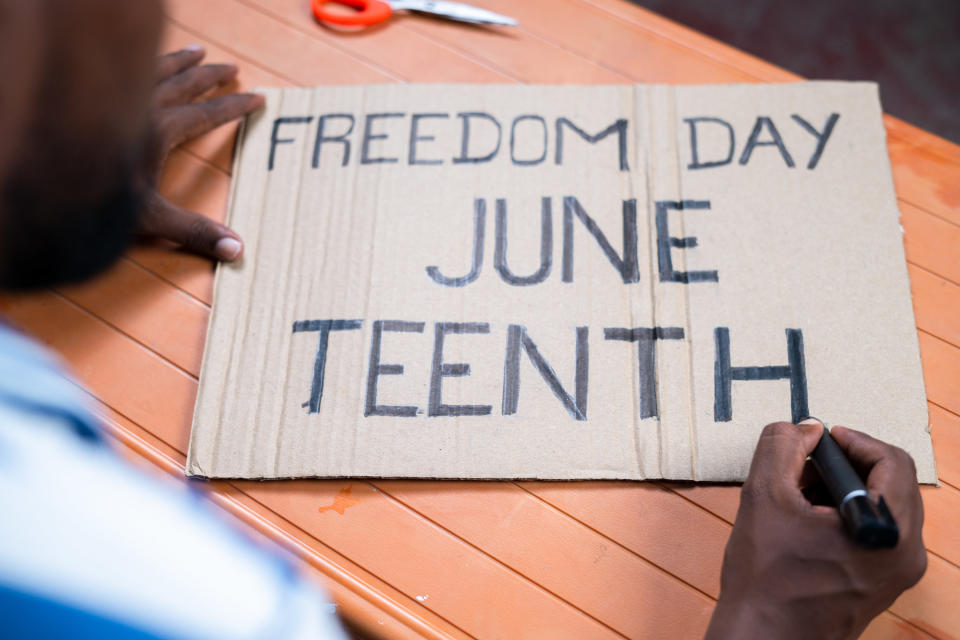
The additional orders read that their former masters needed to pay the newly freed Black people and that cotton still needed to be picked to be shipped out to New Orleans or New York. The newly freed Black people were advised to stay on the land and work. This was important because cotton was the primary resource that funded the Civil War.
Some chose to leave.
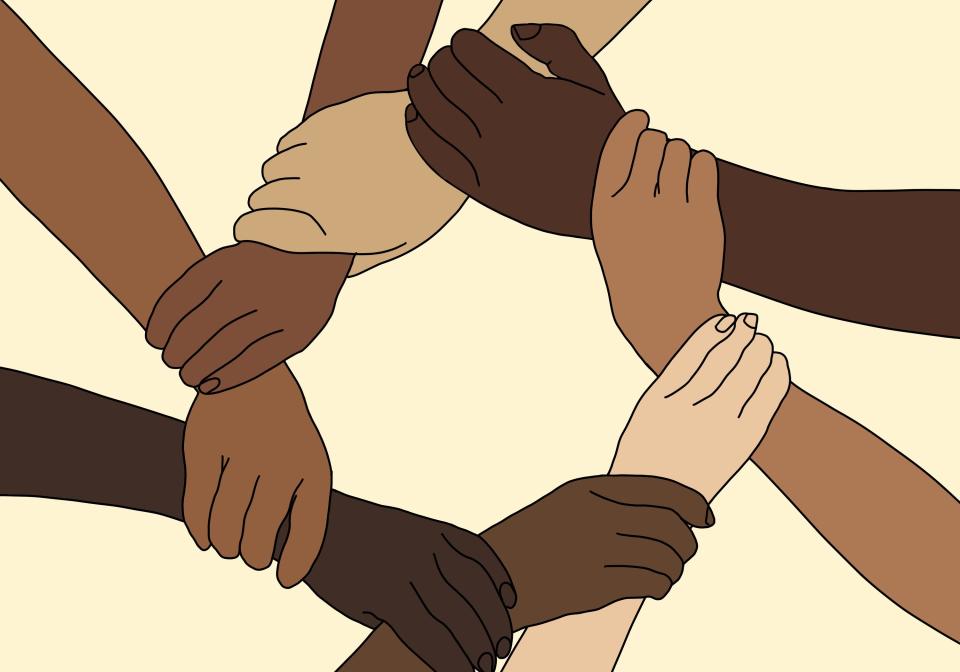
This freedom came two and a half years after the Emancipation Proclamation in 1863 that declared slavery illegal. Some slaveholders purposely moved to Texas so that the enslaved people would not learn of their freedom. The news of Juneteenth traveled as newly freed Black people let other enslaved Black people know they were free. While not all enslaved people were notified of Juneteenth, many historians say that Juneteenth is a day to be commemorated because at some point in the middle of June most Black people gained freedom.
The question becomes, what does it mean to celebrate that freedom gained, and what freedoms now are still being sought after? These existential questions are large enough without the looming probability of the holiday becoming watered down, profited from, or just a day off to log into summer vacations.
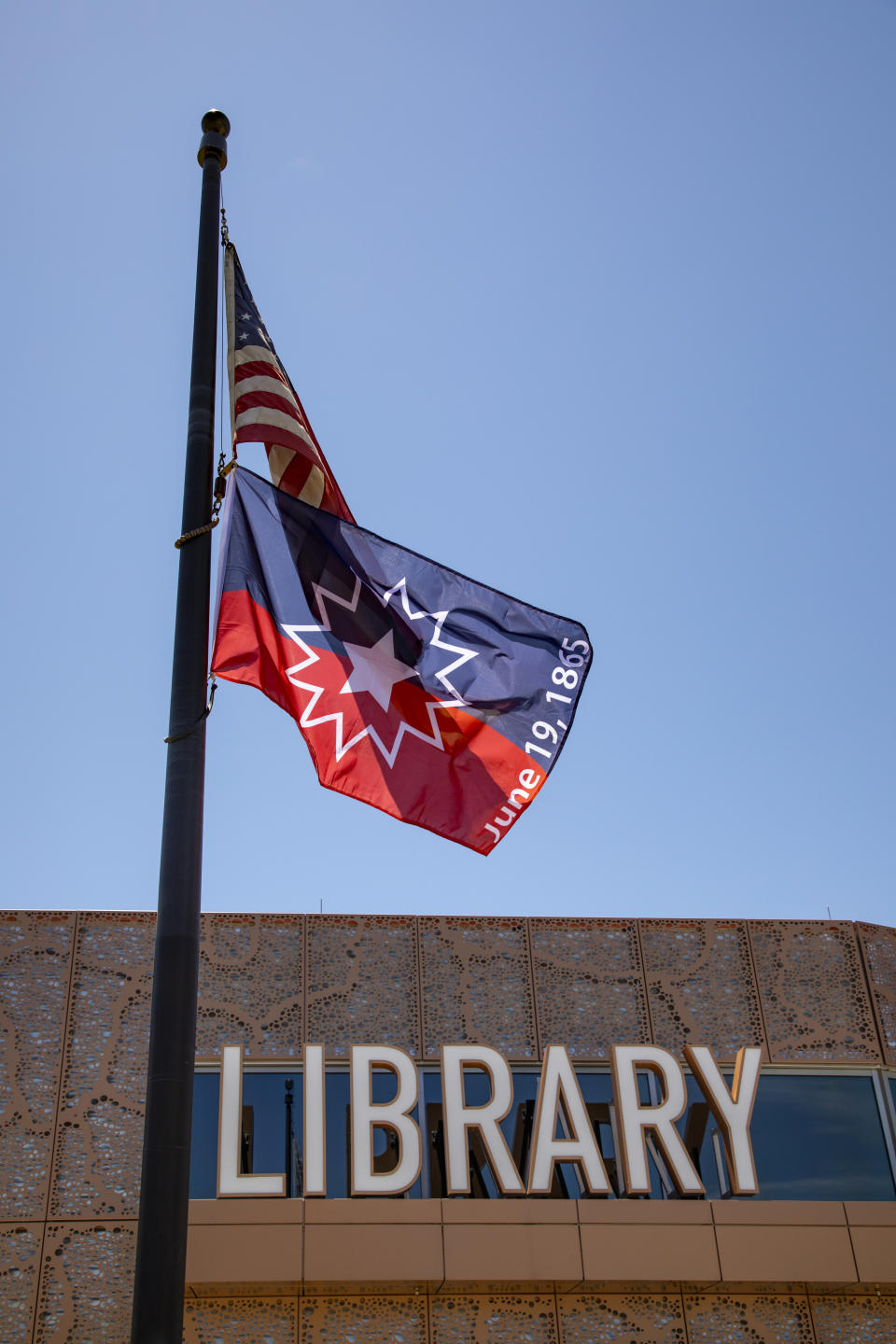
“Once a holiday becomes commercialized, the next step is to water it down and then to dilute the meaning,” said Amara Enyia, Public Policy Expert and a Policy and Research Coordinator for Movement for Black Lives.
The Movement for Black Lives had a “Reparations and Racial Justice Day” rally as part of their Juneteenth events. It was a rally to generate even more momentum to move the federal legislation HR40 across the finish line through executive order. The rally brought together the key elected officials behind the legislation.
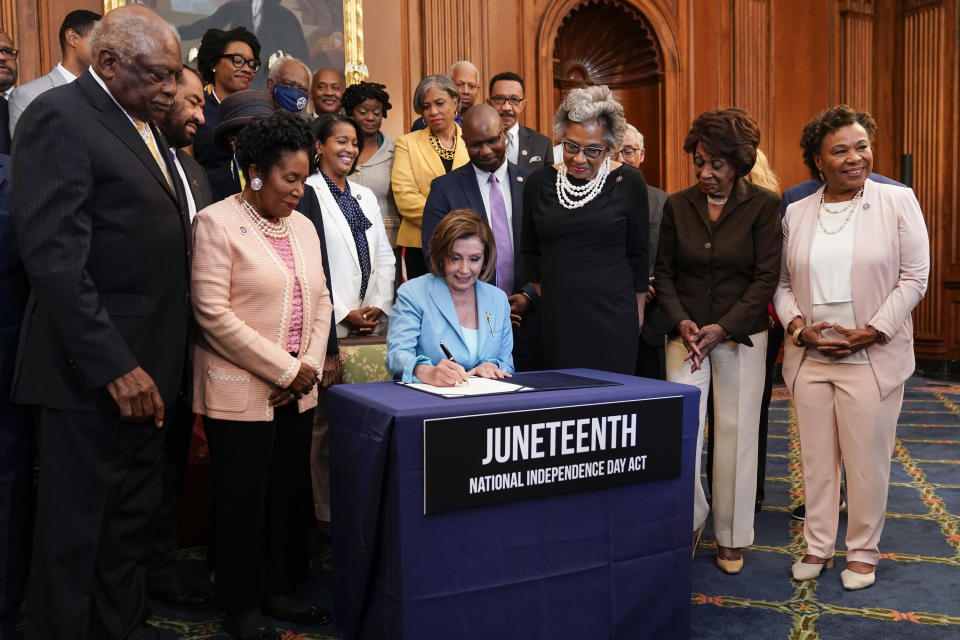
A group of friends in New Jersey was stuck in the house during the summer of 2020, fatigued by racial oppression and a global pandemic. They convened only when linking arms during protests of police brutality. But they were looking for ways to keep their spirits high amid despair. They revisited an idea they had before the pandemic — a Juneteenth celebration. It was supposed to be a small cookout. Hours after posting a flyer on social media, the outdoor restrictions were lifted in New Jersey. The flyer went viral. They were anticipating 500 people, but instead, they got 5,000. Now in its third year, Juneteenth NJ has become a highly anticipated experience.
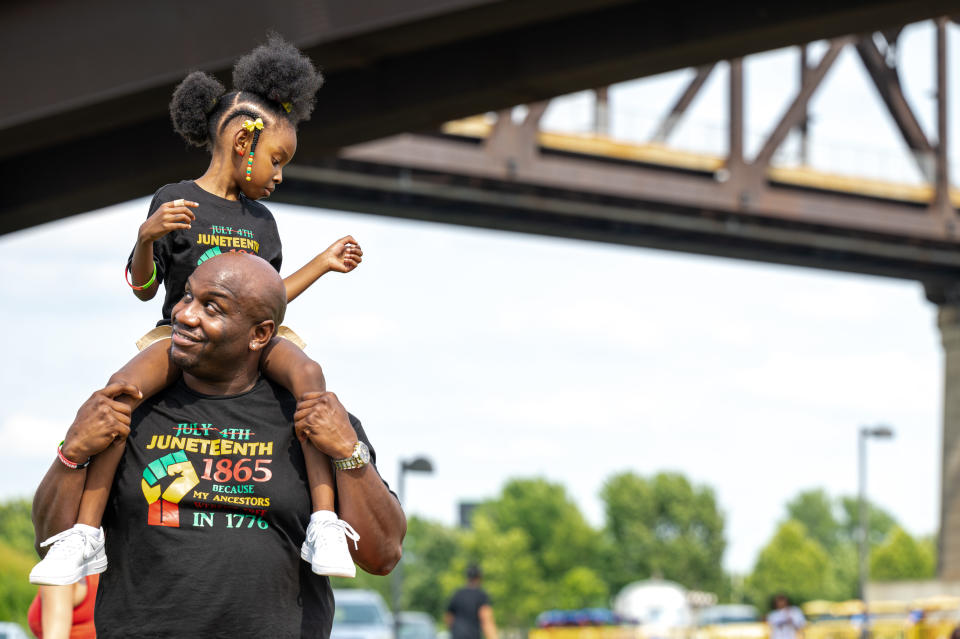
“We were slightly ahead of the curve, but I feel like it happened for all the right reasons; we weren’t trying to take advantage of a situation. We felt like, Wow, this is a perfect opportunity to bring our people together,” stated Stevens Germain, who is cofounder of Juneteenth NJ and also known as Showcase.
“Now 18,000 people are attending. It’s not a commercialized event, but it comes from a grassroots perspective,” he continued. The event will be held at the MetLife Stadium on June 19 with Black vendors from across New Jersey, and a lineup that includes some of the state’s most celebrated musicians, like Just Blaze and DJ Lilman.
Back in New Jersey, Juneteenth NJ is a weekend-long event. This year, the festival will also incorporate a panel called “Just Between Us: Live Panel and Networking Event” on Saturday, June 18.
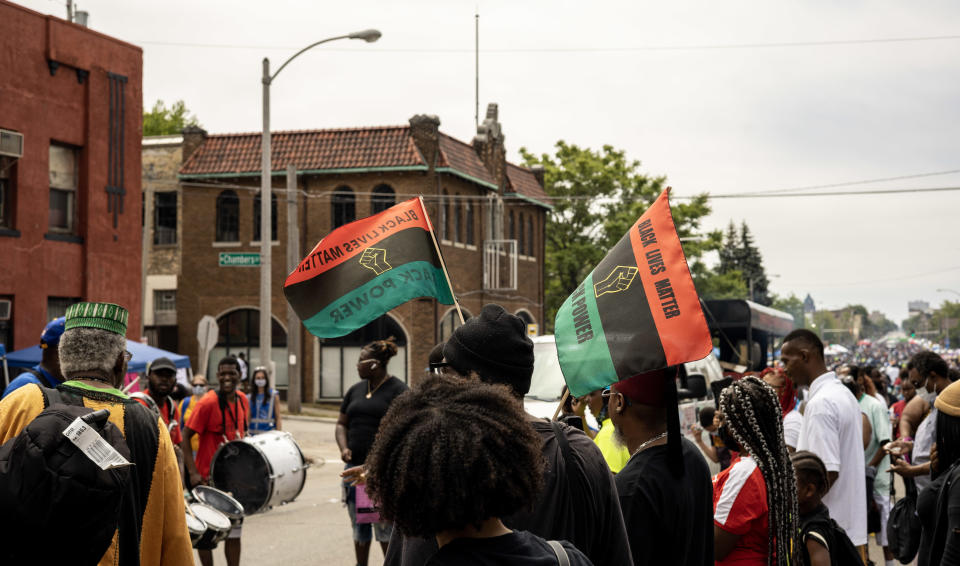
The event will tap in with Juneteenth historians about what the holiday really means. “There may be some hidden gems that the common person may not have known," Germain says. “If we have the attention of people around the country, all we can do is lead by example and avoid the commercialization aspect of it. The goal is that our children will be able to continue this tradition,”
“There is this history of the unfulfilled promise, so upon emancipation the guarantee of 40 acres and a mule, which of course was reneged upon. There was no repair; there was no remedy from this country to right the wrongs from the legacy of enslavement,” Enyia explained.
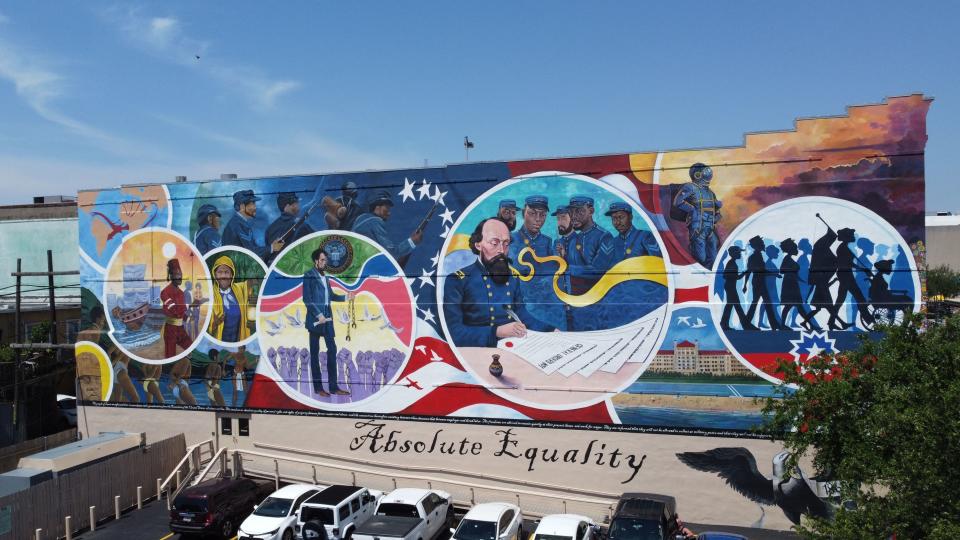
“As well as anti-Black racism, discrimination that continues until today, this was a reminder of what we are pushing for, which is repair,” she continued. “We have to keep our eyes on the ball, and make sure our true aim is not deflected."
The best way to preserve the meaning of Juneteenth is to continue to fight unapologetically and push a liberatory agenda.
“All too often these commemorations are seen as the progress, and it is not; the progress is in the change of the material conditions of Black people, and so we have a responsibility to continue pressing toward that progress,” Enyia expressed.
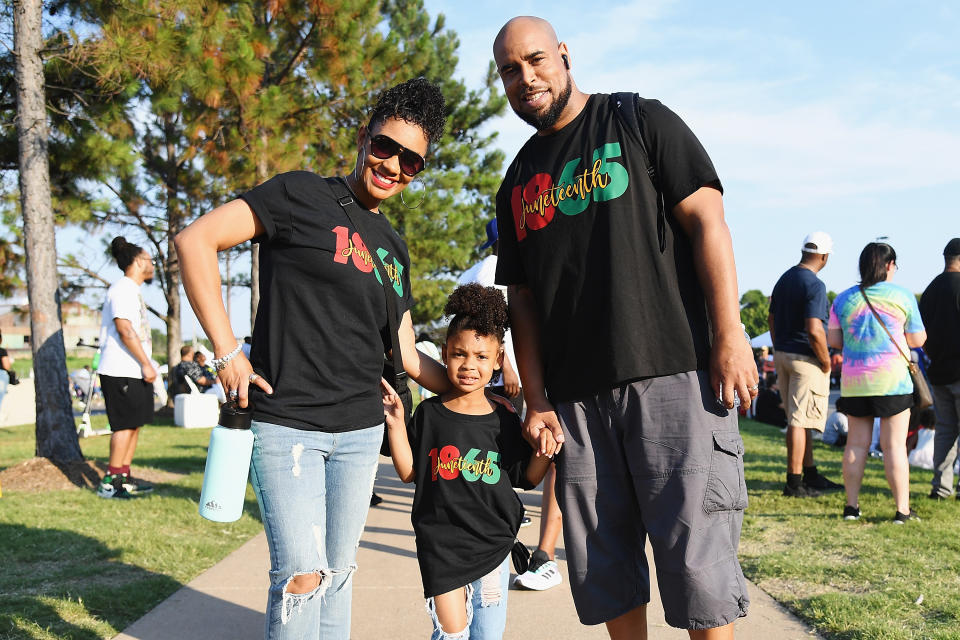
Juneteenth, also known as Freedom Day, is usually one day or a weekend. But Black Liberation is a daily practice, and our focus and responsibility for freedom must be every day.
Tiffany Griffin, owner of Bright Black, a Black-owned candle company based in North Carolina, dedicates positive storytelling of Black culture through scent and decided not to have a Juneteenth sale.
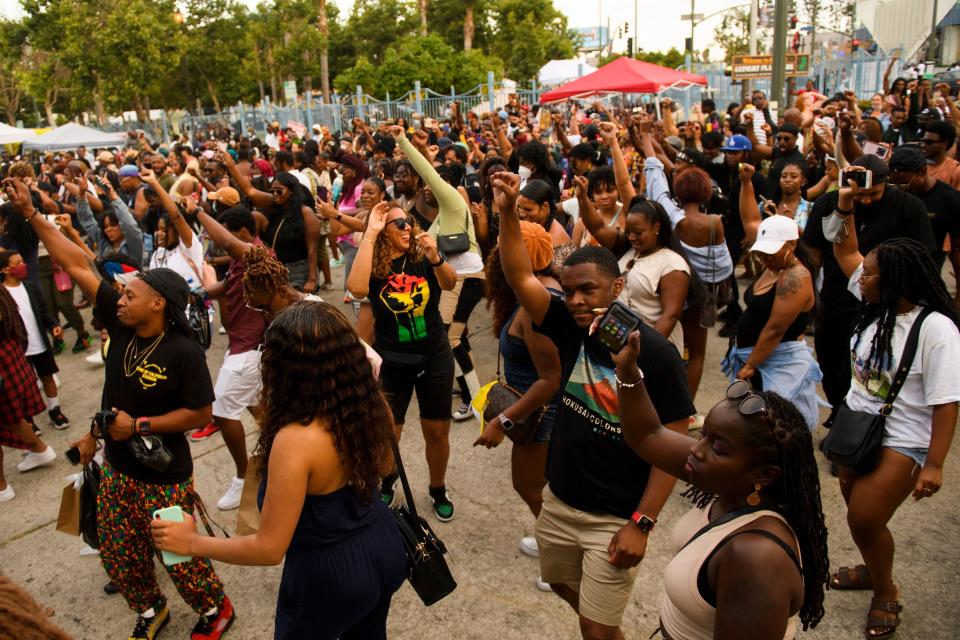
She and her team came to the decision this year after much debate. “In the past, we did have a Juneteenth sale. We felt like it was appropriate; this is a holiday that means a lot to me personally,” Griffin said.
“Do we want to align with this holiday now that the government says it's a holiday that Black people have been celebrating for hundreds [of] years? This year the difference was there was this proliferation of whitewashing, just to put it bluntly,” she continued.

Arriving at the decision to not have a sale this year, they wanted to focus on the intent of the holiday and bring awareness-raising around the systemic barriers that still exist, and “celebrating freedom, not in a commercial sense, so that’s kind of calculus on where we landed."
Instead of the Juneteenth sale, they are launching a summer collection where 25% of sales for these summer scents go to supporting Black farmers and supporting a land collective that strengthens land sovereignty for Black and Brown communities. “We have 19 Black businesses that we suggest that people look into and then want to challenge other people to post 19 Black-owned businesses," Griffin stated.
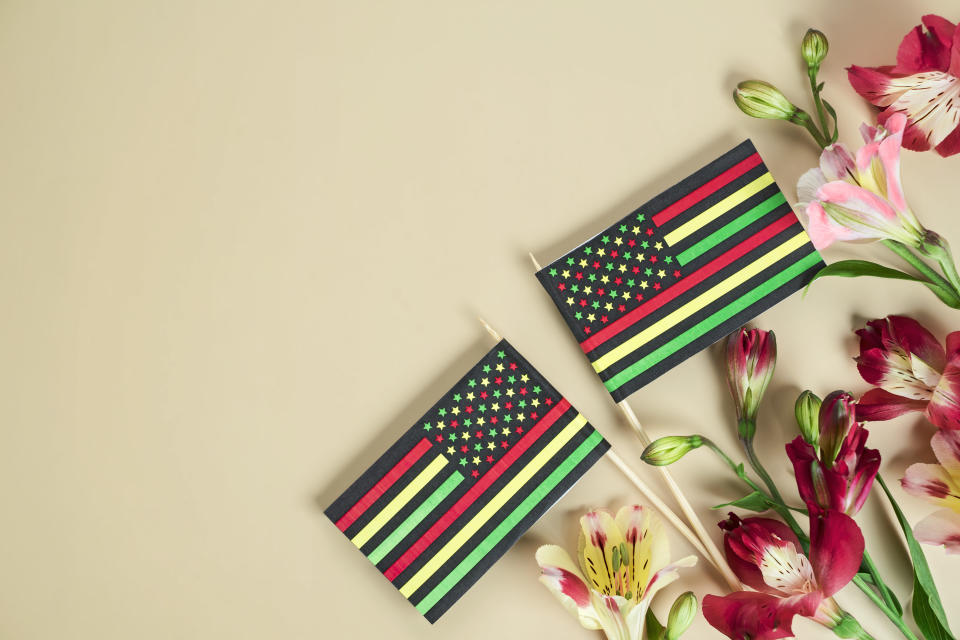
"Almost like these 19 Black-owned businesses challenge and then raising awareness in that realm is more beneficial than supporting businesses that have quite frankly done really bad damage to Black communities and other initiatives and candidates that are detrimental to Black communities," Griffin says.
Griffin, who has a background in social psychology, started her company with her husband. The candle company was a dream when she was back in DC working in politics. She peered outside her window one afternoon to see, “The Juneteenth festival outside on Pennsylvania Avenue, it was the most beautiful display of self, group, and community love that I had ever seen and like totally was down for it."
“The recognition of our tenacity, by all estimations we should be a decimated people, and we are not. We still continue to fight things that are not perfect by any stretch of the imagination, and we can still experience love and joy and fight and community and comraderie on Juneteenth,” Griffin declared.
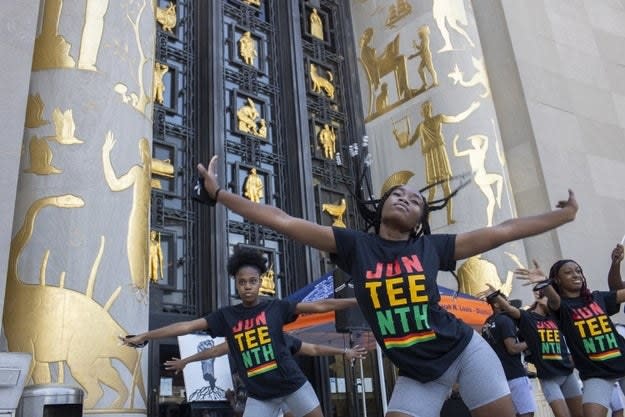
Trademark attorney LaDawn Blackett Jones posted across social media, uncovering the trademark of the word Juneteenth that was on the face of Walmart’s Juneteenth ice cream. Blackett Jones has celebrated Juneteenth since she was a small child, as a native of Atlanta.
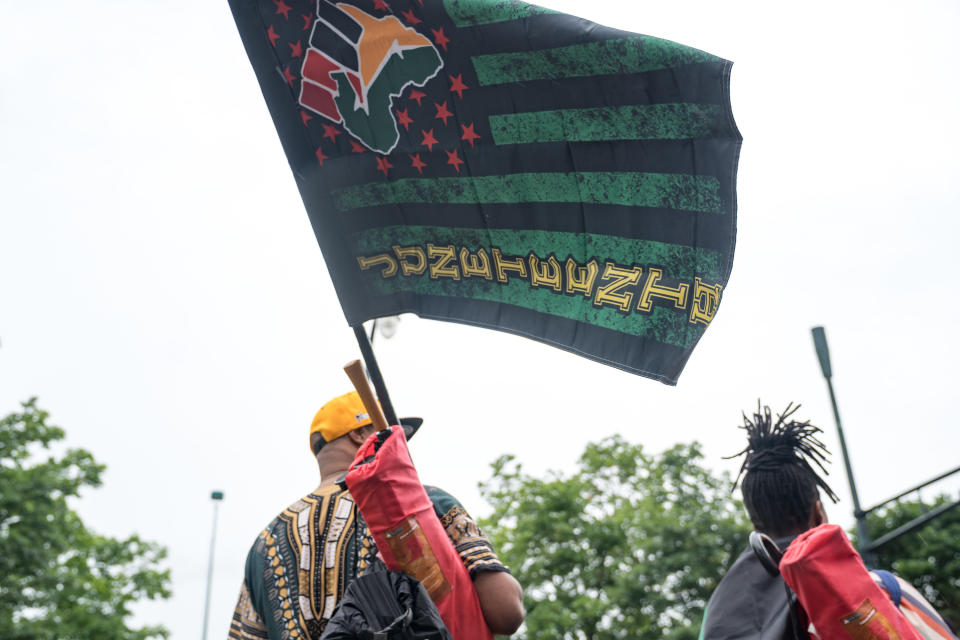
“Once I took a look at who the trademark owner was, I was a little taken aback. It concerned me to see that the company was primarily focused on making chemicals that go inside food,” Blackett Jones said. “It was an odd trademark for that type of company.”
Trademarks are unique. “I don’t have a problem with someone having Juneteenth as a brand name because it speaks to the history, but I do have a major problem with it being used almost as if they are making fun of Juneteenth,” she said.
She questioned if they were really uplifting something or using it either to make fun or just simply to make money, “thinking that people wouldn’t pay attention.”
The trademark has been abandoned since it became public.
“The key is respect; do you respect the history of what it is for?”
Make sure you head here for more of our Juneteenth coverage!
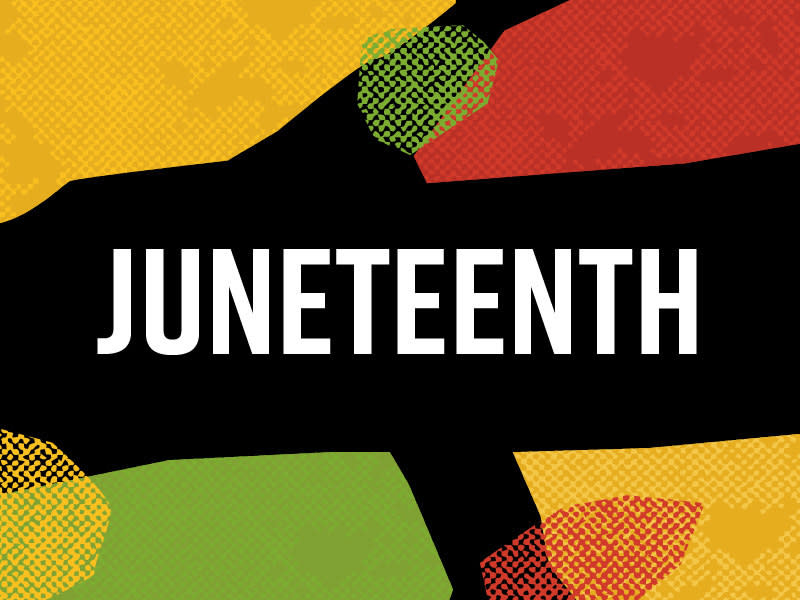
Solve the daily Crossword

